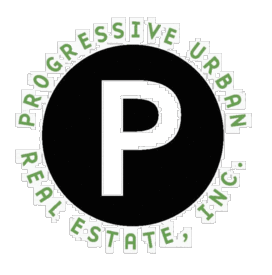
$54 Million in City, State Funding to Revive Flats East Bank Project
by Michelle Jarboe
The Cleveland Plain Dealer
Buildings could start rising next spring at the stalled Flats East Bank development in Cleveland, now that the city and state have earmarked $54 million in loans and grants to get the project moving again.
The new funding will enable developers to start work on a slimmed-down, $270 million first phase of the waterfront project -- including an office tower to house accounting firm Ernst & Young and law firm Tucker Ellis & West. The first phase of the project also will include a hotel, stores, restaurants, a health club and 14 acres of public parks and green space. It could be complete by spring 2012.
The city and state financing is a life raft for the Flats, which sputtered in the wake of last fall's financial crisis. But the importance of public money in reviving the project shows just how difficult it is to find private financing for development. Projects across the country are still tabled as banks and other lenders shy away from new construction and curtail their lending on existing shopping centers, office buildings and industrial parks.
To jump-start the Flats, the state has committed $24 million -- $23 million of which comes in the form of loans. Of that package, a $3.2 million loan to the city of Cleveland already has been approved. The state has yet to approve $20 million in loans and a $1 million grant, according to the department of development. State boards and committees could sign off on that financing within the next two months.
Cleveland's economic development department plans to introduce legislation to City Council to provide a $30 million loan to the project. That loan, which could run for 20 years at a 3 percent interest rate, would come to the city through the U.S. Department of Housing and Urban Development.
The city also plans to approve use of its $25 million Recovery Zone Bond allocation from the federal government for the project. That allocation -- part of the federal stimulus program -- makes it possible for otherwise taxable bonds to be issued as tax-exempt bonds. In this case, bonds issued for the project by the state and the Cleveland-Cuyahoga Port Authority would be tax-exempt and would carry lower interest rates.

No comments:
Post a Comment